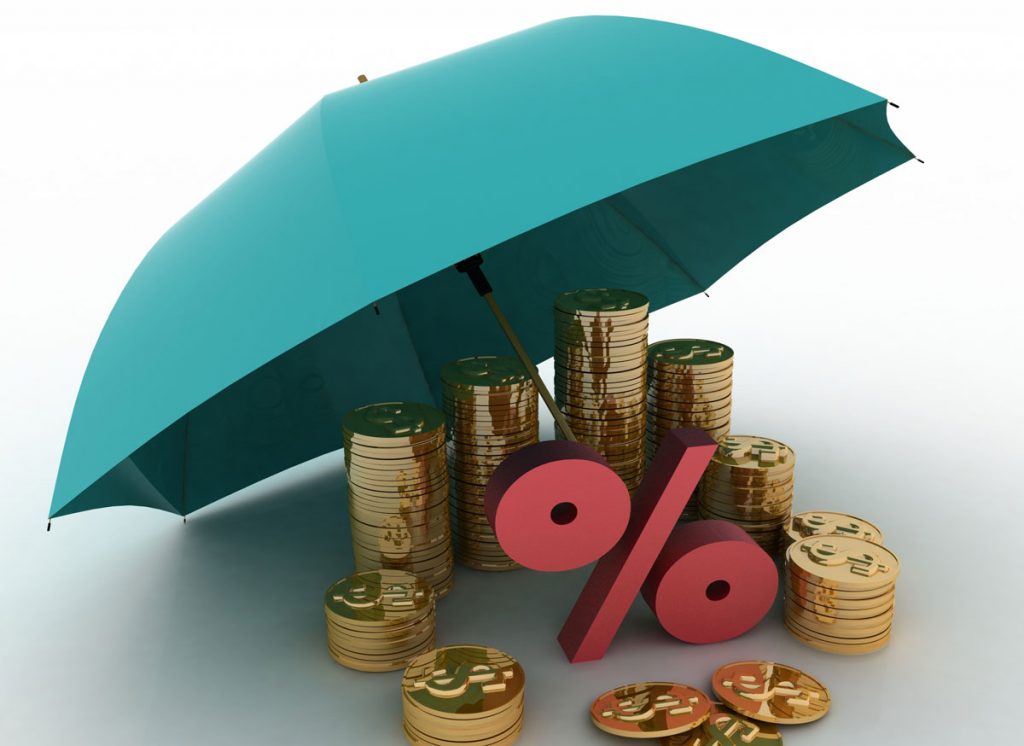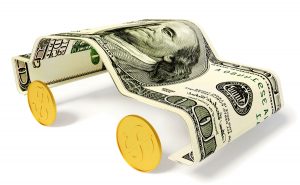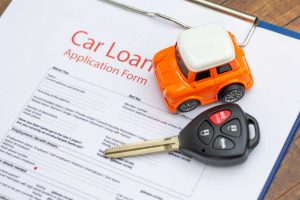Wondering whether or not a PayDay loan is secured? Would they ask you for collateral if you need one? And how will that affect interest rates? We have the answers in this blog post.

Payday loans are unsecured. This means the lender has no collateral should the borrower default on the loan. This translates into higher upfront fees and higher interest rates that help protect the lender should a default happen. Payday loans may sound like a feasible idea to someone who has a history of credit problems, but in the long run, they're quite expensive. Payday lenders typically offer a two-week repayment term. You receive the loan upfront and then pay it back, with interest, when your next paycheck arrives two weeks later.
The biggest problems with payday loans are that they're not only expensive to pay back, but they can have a snowball effect of ballooning interest if you miss the payment due date. A typical interest fee on payday loans in the United States is $15 per $100 borrowed. It doesn't sound like much, but if you need to borrow $400, this means in two weeks you'll be responsible for paying the lender $460.
If you can make your payment on time, all is well. But if something unforeseen happens, you could face even more financial duress. Payday loans are regulated by law in many states. This can affect how a late payment is handled. If you're able to rollover the principal of your loan -- the $400 -- and just pay the interest, you'll have another two weeks to settle up. You'll owe additional interest, however, in addition to whatever late fees and check fees the lender could charge. This is how paydays loans can snowball into unmanageable debt in a short period of time.
For these reasons, if you're in need of a small loan, and you've had credit issues in the past, it's best to try to find a solution other than a payday loan.
Is a personal loan secured or unsecured?
A personal loan is also a type of unsecured loan. Typically, these loans are offered by banks, online lenders or credit unions. Because of this, it may be difficult to obtain a personal loan if you have spotty credit. Additionally, the interest rates associated with personal loans are often based upon the borrower's credit history. If you have an excellent credit rating, you'll likely pay a lower interest rate, and vice-versa. When you take out a personal loan, you can usually use the funds for whatever purpose you need, including:
- To make a major purchase such as a car or motorcycle.
- To pay school or college tuition.
- To pay funeral or wedding expenses.
- To pay medical bills.
A popular reason why people take out personal loans involves loan consolidation. If you have several lenders, such as credit card companies, who charge high monthly interest rates, taking out a personal loan to pay them off makes good financial sense. You'll pay less interest on the personal loan, which will save you dollars over time. Paying off credit cards may also improve your credit score because it lowers your debt-to-credit ratio.
Obtaining a personal loan is always preferential over taking out a payday loan. This is one reason why building and maintaining a good credit history is so important. And even if you've had credit issues in the past, you can still repair your credit by paying off outstanding balances and making current payments on time.
Can a secured loan become unsecured?
A secured loan can become an unsecured loan if the collateral is seized by the lender and resold at a deficit. This means the collateral sold for less than what was owed on it. In this situation, the remaining balance becomes an unsecured debt. This can happen if:
- A car or other type of vehicle, such as a boat or motorcycle, is repossessed.
- A home is foreclosed upon by the bank.
In these situations, you may be liable for the difference between what you owed on the property when it was seized and what it sold for at bank auction.
This is a bad situation to find yourself in because you're now paying for the property you no longer own. And unless you're judgment-proof, the lender may be able to take out a judgment against you and garnish your wages or tap into your bank account until the debt is paid.
To be considered judgment-proof, you must have a very-low income or an income that's entirely government-provided, such as from welfare or social security benefits. Otherwise, you may find your take-home pay reduced or your bank account seized.
You want to avoid this situation at all costs. Usually, banks and mortgage companies are willing to work with you through hard times and financial duress. The key to avoiding repossession and foreclosure is to keep the lines of communication open between you and your lender. Answer their telephone calls and open any mail they send you while you're behind in payments. There may also be state and federal government programs that can help you, especially if you're in danger of losing your primary residence.
Is a secured loan a good idea?
Secured loans can be a great way to rebuild credit or to afford a major purchase. Most people would never be able to buy a home outright using cash. This is where a secured loan comes into play. The bank or mortgage company accepts the home you want to purchase as collateral. They buy the home from the seller, and you pay the bank or mortgage company back over time by making manageable monthly payments. It's not unusual for the repayment term on a home loan to extend over 30 years or more.
Purchasing a vehicle happens much the same way, only the repayment terms are shorter, typically five or six years. To obtain secured loans like these, you must meet certain minimum requirements regarding down payments and credit scores.
Secured credit cards work a bit differently, but they're good options for helping you repair and rebuild credit. To obtain a secured credit card, you place funds in an account, and the money you spend on the card pulls directly from your deposits. There is no risk involved for the lender in this situation because the funds you're using are your own. If you exceed your credit balance, your purchase is simply denied. Still, the issuer of the card reports your payment performance to credit reporting agencies, which can raise your credit score.
It's important to maintain good credit habits to avoid paying unnecessary fees and higher interest rates when you need a loan. Obtain a copy of your credit reports from the three credit bureaus at least annually and study them for any inconsistencies or incorrect items. Dispute any problems you find and have them removed. Do your best to pay bills on time, to pay more than the minimum amounts due and to pay down high balances. Doing so will raise your credit score and give you more and better options when you need to borrow money.



